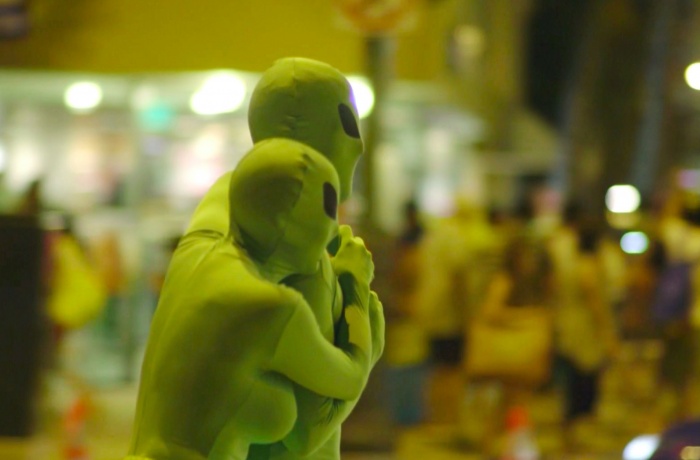
In April, I was on a business trip in Bratislava. As I walked around the old city, I ran into a monument to journalist Jan Kuciak and his fiancee Martina Kusnirova. Someone has brought a photo of them together and some fresh flowers. These young people were murdered five years ago in their house in a village 65 kilometers from Bratislava. Jan was investigating tax fraud committed by several businessmen linked to Slovak top politicians. The murder was a shock and caused mass protests across the country and abroad. On 21 October 2019, the Special Prosecution filed charges against one of the richest businessmen in Slovakia, Marian Kocner, and four other people. But the oligarch was acquitted. The family and friends of the victims started their own investigation and a campaign to punish the criminals. The film The Killing of a Journalist by Matt Sarnecki was part of this fight. The newfound evidence helped file new charges and reopen the case against Marian Kocner.
In March 2011, an earthquake caused a giant tsunami reaching 15 meters in height which hit the northeast of Japan. As a result of the tragedy, around 18,000 people were killed or went missing. The film All of Our Heartbeats Are Connected Through Exploding Stars by Jennifer Rainsford is an epic odyssey about a disaster of a human being and nature, about the possibility of healing after this experience. One of the protagonists swore to bring his wife’s body up from the depths. He examines the coastal waters day after day. At the same time, a group of volunteers are working on the coast, pulling out ropes, nets, fragments of buildings—everything that can threaten the lives of fish and animals. The author reminds us that we owe the availability of oxygen on the planet to a small seaweed which hid underwater from ultraviolet rays. Now we must take care of the ocean where life on Earth originated.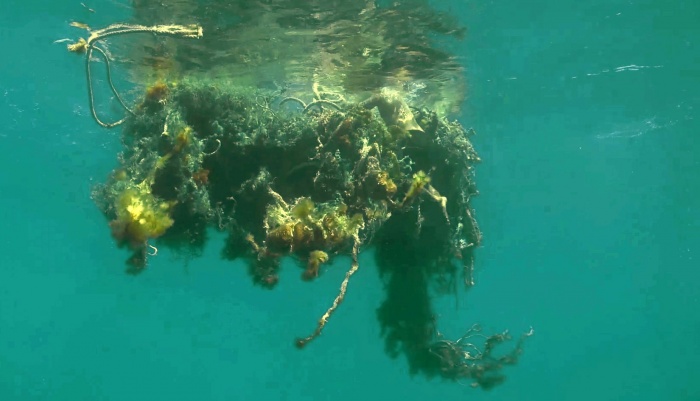
A still from the film All of Our Heartbeats Are Connected Through Exploding Stars
The Visitors by Veronika Lisková follows a young anthropologist, Zdenka, who moves with her husband and three sons to Svalbard. She is interested in the impact of globalisation on the residents of the northernmost town in the world, Longyearbyen, but she also wants to find an answer to the question of whether there is a place in the world to build an ideal future. Zdenka works with around 1,000 respondents, the entire population of the town. As she interviews them, she begins to realise how diverse the small local community is. Colonialist practices, racial discrimination and other sins of civilisation have reached even this realm of glaciers and polar bears. The protagonist had to reach the edge of the world to rethink the concept of home and the importance of her place in her native Czech Republic.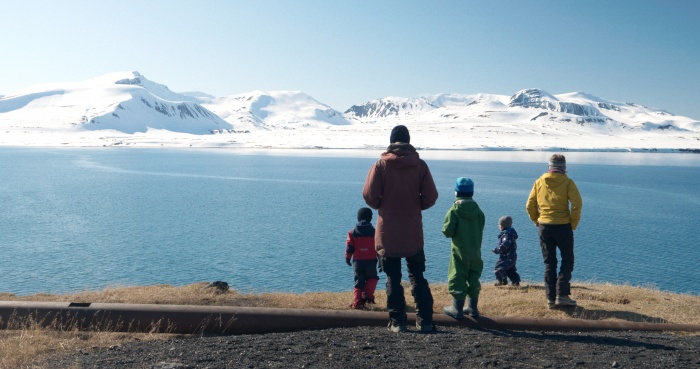
A still from the film The Visitors
The directors of Young Plato offer us to go to Belfast, Northern Ireland. One school here has an unusual headmaster who loves Elvis and Greek philosophers, and believes that education can prevent future conflicts in the capital. This is not an easy task: the local community lives in poverty along with sectarian aggression, drug abuse, and violence. But the primary school, managed by Kevin McArevey, has children equipped by the wisdom of Greek philosophers, versed in discussions around religious and national conflict, and skilled in critical thinking. At parent-teacher conferences, they look much more clever than their mothers. The new format of education, according to the filmmakers, is what can tackle depression in the region and reboot the country.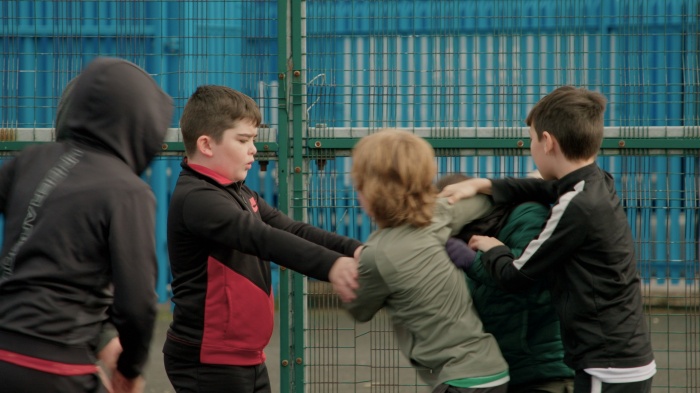
A still from the film Young Plato
The last film in the selection is No Simple Way Home. The wife and daughters of the legendary leader of South Sudan return home from exile to continue the cause of their husband and father who died ten years ago. The country has been at war for the majority of its short history. The director Akuol de Mabior records morning conversations with the mother who becomes the leader of the state and the hope of the entire nation. A difficult choice where the personal is sacrificed to achieve peace and prosperity for one’s homeland.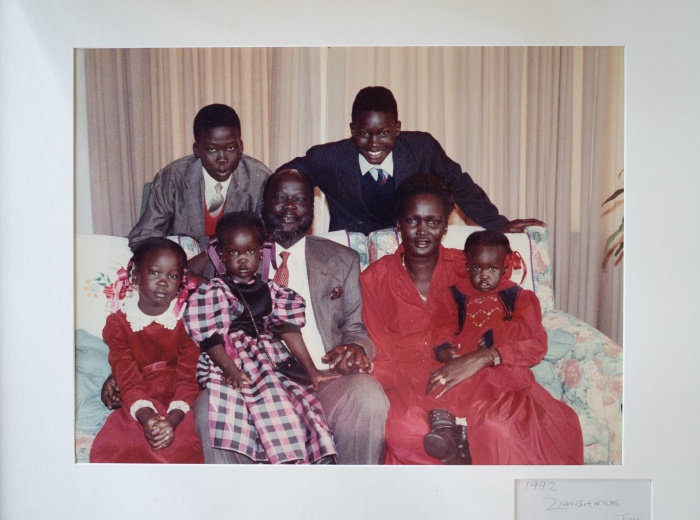
A still from the film No Simple Way Home
As I watched Akuol’s video diary, I started thinking about the return of Ukrainians home. Rebuilding the country is one of the most important challenges of our generation. Let’s talk about where to start. Maybe with education, like the Irish headmaster from Young Plato? We will also be uncovering corruption scandals and abuses in the new postwar countries. And we must be ready to protect our bravest, the ones who will do the investigating. The consequences of war are polluted areas and minefields, painstaking work where everyone will be needed: deminers, environmental researchers, volunteers, agrarian workers, tourism workers, human rights lawyers, activists, and many conscious and caring citizens. Maybe then we will be able to build an ideal future in our country without looking for it in distant worlds, as Zdenka did.
I hope that watching this programme will help us build an ideal country at least in our imagination. A country where everyone is responsible for the shared image of the future.
Main photo: a still from the film All of Our Heartbeats Are Connected Through Exploding Stars.
Text: Darya Averchenko, head of Communication Department, member of the Selection Council.
_______
The 20th anniversary of Docudays UA is held with support from the Embassy of Sweden in Ukraine, the Embassy of Switzerland in Ukraine, the Ukrainian Cultural Foundation, US Embassy in Ukraine, the Embassy of Ireland in Ukraine, the Embassy of Denmark in Ukraine, the Embassy of Brazil in Ukraine, the Polish Institute in Kyiv and the Czech centre Kyiv. The opinions, conclusions or recommendations do not necessarily reflect the views of the governments or organisations of these countries. Responsibility for the content of the publication lies exclusively on the authors and editors of the publication.